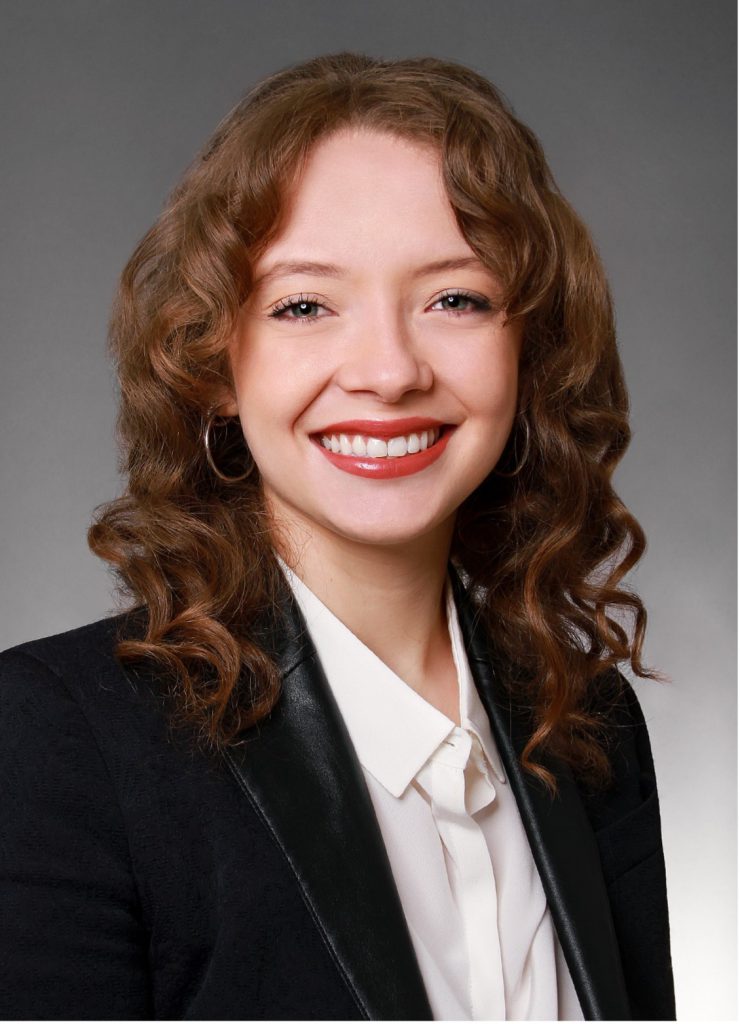UNpaid is UNfair – the slogan of the Fair Internship Initiative (FII) addresses the striking discrepancy between the United Nation’s core values and its own internship policy. In the UN System, interns are placed in the category of gratis personnel, with no assistance in travel, visa procedures, accommodation, food or healthcare coverage. This approach automatically excludes and discriminates those who cannot afford such an experience. However, if the UN stands for “peace, dignity and equality on a healthy planet”, then not paying their interns infringes upon its core values, SDG 10 in particular. In this post, I advocate for a change in practice that promotes equality within and among countries.
The United Nations’ Department of Economic and Social Affairs introduced the 2030 Agenda for Sustainable Development, which aims at achieving peace and prosperity for people and the planet by implementing the 17 Sustainable Development Goals (SDGs). SDG 10 strives to reduce inequality within and among countries by empowering and promoting social, economic, and political inclusion of all, by ensuring equal opportunity, reducing inequalities of outcome and adopting policies to achieve greater equality. Finally, equality within and among countries is to be reached by ensuring enhanced representation and by giving a voice to developing countries in the decision-making of global international economic and financial institutions, thereby, enabling the creation of more effective, credible, accountable, and legitimate institutions.
As it stands, UN internships are far from meeting the targets of SDG 10. Between the years of 2009 to 2015 the UN and its specialized agencies reported hiring 32,213 unpaid interns. Considering that most UN internships are based in cities with high costs of living such as Geneva or New York, the absence of financial support unavoidably favors local recruitments and applicants from wealthier countries. Accordingly, placing interns in the category of unpaid personnel not only impedes geographic diversity but also a fair socio-economic distribution of UN interns. It hampers equal opportunity and perpetuates inequalities, leading to an underrepresentation of the poorer countries within the UN System. A survey run by the FII in 2019 to assess the performance of internship programmes within the UN showed that 64% of the 727 interns that responded to the survey were from high income countries, 54% of which were from Europe and Central Asia. In contrast, only 3% of the survey participants came from the Middle East and North Africa. The survey results manifest the ugly truth of unpaid internships: those unable to afford to work for free are by design excluded and discriminated against.
In order to achieve SDG 10, I advocate for a change in the UN internship programme that is geared towards the establishment of a new category combined with the introduction of a minimum wage for interns. If interns were not classified as gratis personnel, they would be eligible for financial support, which would, subsequently, improve access for candidates from all socio-economic backgrounds and lead to a better representation of poorer countries. I am convinced that introducing paid internships would be the first step towards a more inclusive and equal UN that gives voice to diversity and pending inequalities. My view is shared by the JIU, which reviewed the internship programmes within the UN System in 2018 and submitted their recommendations of reform to the Fifth Committee. The JIU observed that organizations, which decided to introduce some form of remuneration, did not have to reduce the number of internship opportunities significantly. This is because interns are often involved in performing work that is necessary to an organization. Accordingly, the organizations would face much higher costs if they used other contracting typologies than interns to perform these tasks. In order to facilitate the introduction of compensation, the JIU strongly recommends an update of the human resource framework, including the establishment of a category for interns separate from the current appellation “type I gratis personnel”.
Fortunately, there are signs of improvement. Some UN organizations, such as FAO, IAEA, ILO and WHO, already reformed their internship programmes by introducing some form of remuneration. In my opinion, the aforementioned agencies show that a change in practice is feasible and reasonable. I am convinced that, by introducing some form of remuneration, the programmes can become more diverse whilst also offering a more qualitative experience. A decision on the UN internship reform is to be reached by the Fifth Committee in next year’s session in March. Until then, it remains to hope that other UN organizations stand up for their interns in order to continue promoting SDG 10 – equality within and among countries.
Image credits: Wikimedia.




